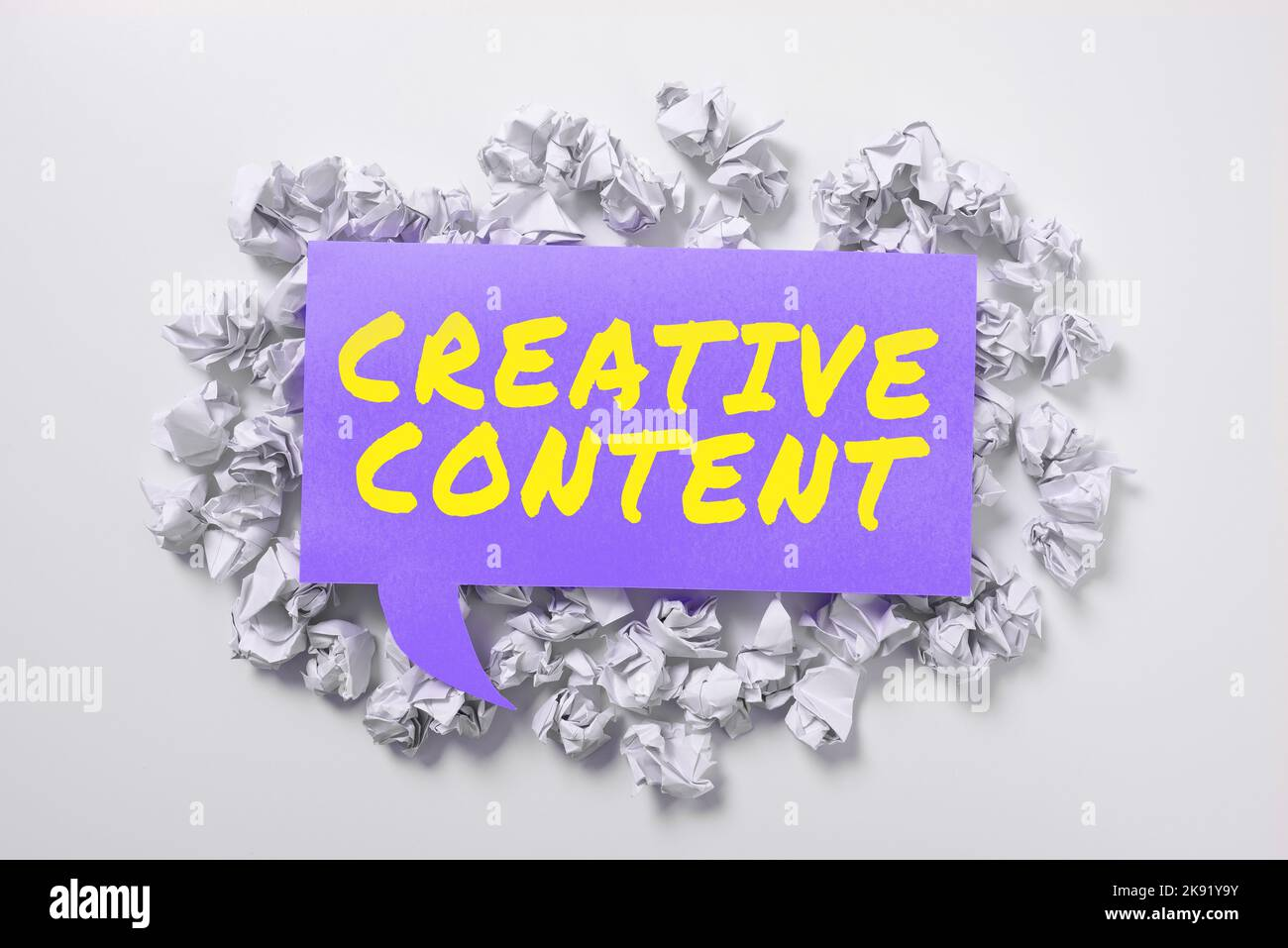The internet and fiction have intersected in profound ways, reshaping the landscape of literary creation and consumption in the 21st century. As digital platforms proliferate, readers no longer merely engage with books; they become audiences, influenced by social media trends and online reviews that impact the narratives they seek. This shift has significant implications for the impact of the internet on literature, as authors adapt their storytelling to resonate within the fast-paced demands of an online world. Furthermore, the rise of eBooks provides instant access to an ever-expanding library, transforming reader behavior and encouraging diverse explorations of genre and form. Through online research for writing, authors can gather intricate details that enrich their narratives, although this convenience also raises questions about depth and authenticity in storytelling.
In today’s digital age, the relationship between the virtual world and narrative storytelling is more intricate than ever. With the increase of digital communication, the landscape of literature is evolving, challenging conventional notions of how stories are crafted and experienced. The accessibility of electronic books has made reading more immediate and varied, influencing how audiences interact with texts. Simultaneously, the constant availability of information through online resources significantly aids writers in their creative processes, allowing them to delve deeper into historical contexts and character development. However, this shift also prompts a reevaluation of emotional depth in storytelling, inviting discussions about the essence of narratives in our hyper-connected lives.
The Internet’s Impact on Reader Behavior
The rise of the internet has profoundly altered reader behavior, resulting in a shift from traditional reading habits to a more fragmented approach. Once upon a time, individuals spent prolonged hours engrossed in books, immersing themselves in the intricate worlds crafted by authors. However, today, readers often find themselves multitasking across various digital platforms, including social media, which competes for their attention. This constant influx of information can dilute the depth of literary engagement, leading to a superficial reading experience compared to the immersive journeys offered by novels and fiction.
Moreover, the allure of instant gratification, a hallmark of internet browsing, has impacted how readers approach literature. The growing availability of eBooks has allowed for ease of access, but the overwhelming variety can also lead to decision fatigue. As social media feeds barrage users with recommendations and trending titles, the influence of mass opinion can overshadow personal tastes. Thus, readers may feel pressured to align their choices with popular trends rather than exploring unique or challenging narratives, diminishing the authenticity of their reading experience.
Frequently Asked Questions
How has the internet impacted the way fiction is written today?
The internet has significantly influenced fiction writing by altering research methods, enhancing accessibility to information, and affecting reader engagement. Authors can easily conduct online research, utilizing resources like newspaper archives and digital libraries, which expedites the writing process. However, the rise of social media has shifted reader behavior, turning audiences into critics, which can pressure writers to conform to popular trends rather than pursue original narratives.
What role does social media play in contemporary storytelling?
Social media has become a powerful tool for contemporary storytelling, enabling writers to reach wider audiences and engage with readers directly. Platforms like Twitter and Instagram allow authors to share snippets of their work, promote their books, and receive immediate feedback. While this can foster a more interactive relationship between writers and readers, it also risks prioritizing viral content over the depth and originality that traditional fiction demands.
In what ways do eBooks influence modern fiction consumption?
EBooks have transformed the consumption of modern fiction by offering convenience, accessibility, and cost-effectiveness to readers. The ability to purchase and download books instantly has made literature more accessible, encouraging a new generation to read. However, the overwhelming availability of titles can lead to superficial reading habits, as readers might skim through content instead of deeply engaging with a narrative.
How has the internet changed reader behavior with regard to fiction?
The internet has changed reader behavior by fragmenting attention and promoting shorter forms of content consumption. With the constant availability of distractions, readers often struggle to dedicate extended periods to immersive fiction. This shift has required writers to adapt their storytelling techniques, sometimes favoring concise narratives that cater to shorter attention spans while still attempting to convey emotional depth.
What benefits does online research provide for fiction writers?
Online research simplifies the writing process for fiction authors, offering quick access to a vast array of resources, including academic articles, interviews, and historical databases. Writers can enhance the authenticity of their work by accurately depicting settings, professions, and cultural contexts without the need for extensive travel or traditional library visits, leading to richer, well-informed narratives.
| Key Points |
|---|
| Fiction has evolved alongside human history but the internet has drastically changed its landscape. |
| The shift from readers to audiences impacts how writers approach their craft, often skewing towards popular opinions. |
| While research has become easier due to online resources, it may detract from deeper reading experiences. |
| The plot devices in fiction are changing; loss and disconnection stories are becoming less common with constant connectivity. |
| Writers convey emotional truths that resonate on a deeper level, beyond factual recounting. |
| The internet can be a double-edged sword, offering quick access to information while also fragmenting attention spans. |
Summary
The internet and fiction are intricately intertwined in today’s literary landscape. As technology has evolved, the way we engage with fiction has transformed, altering our reading habits and the writers’ approach. The once solitary experience of reading is now often overshadowed by the influence of social media and trends, reshaping narratives and plot devices that reflect a connected world. This shift presents both challenges and opportunities; while access to information has never been easier, the depth of engagement may suffer, prompting a call to rediscover the emotional truths that fiction provides.
